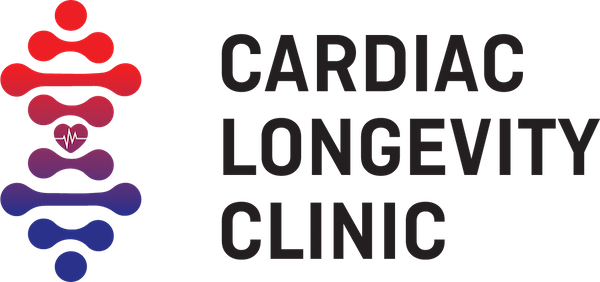Advanced Treatment Options and Research Innovations
Advancements in cardiovascular care are transforming how we prevent, diagnose, and treat heart disease. At the Cardiac Longevity Clinic, we are proud to offer cutting-edge treatment options and stay at the forefront of groundbreaking research to provide our patients with the most effective and innovative care available.
Recent Cardiovascular Research
Ongoing research continues to revolutionize cardiovascular medicine, offering new hope for patients with challenging conditions. Below are some of the most promising advancements:
PCSK9 Inhibitors
Proprotein Convertase Subtilisin/Kexin Type 9 (PCSK9) inhibitors are a class of medications that have shown remarkable success in lowering LDL (“bad”) cholesterol levels. These drugs work by enhancing the liver’s ability to remove LDL cholesterol from the bloodstream, effectively reducing the risk of heart attack and stroke in high-risk patients.
- Key Benefits: PCSK9 inhibitors are particularly effective for individuals who do not respond well to traditional statin therapy or have genetic conditions like familial hypercholesterolemia.
- Clinical Evidence: A study published in the New England Journal of Medicine demonstrated that PCSK9 inhibitors reduced the risk of major cardiovascular events by 15-20% in patients with atherosclerotic cardiovascular disease (ASCVD).
For more information, visit trusted sources like the American Heart Association (AHA) and the European Society of Cardiology (ESC).
SGLT-2 Inhibitors
Originally developed to manage type 2 diabetes, Sodium-Glucose Cotransporter-2 (SGLT-2) inhibitors have emerged as a game-changing treatment for heart failure. These medications not only help control blood sugar but also provide direct cardiovascular benefits, even in non-diabetic patients.
- Mechanism of Action: SGLT-2 inhibitors block the reabsorption of glucose in the kidneys, leading to increased glucose excretion. This process has been shown to improve heart function, reduce fluid overload, and protect the heart against further damage.
- Clinical Evidence: Large trials such as DAPA-HF and EMPEROR-Reduced have demonstrated that SGLT-2 inhibitors significantly reduce the risk of hospitalization and death from heart failure. They are now considered a cornerstone therapy for patients with heart failure with reduced ejection fraction (HFrEF).
Learn more about this breakthrough from the American Diabetes Association (ADA) or the Journal of the American College of Cardiology (JACC).
Minimally Invasive Procedures: Transcatheter Edge-to-Edge Repair (TEER)
For patients with mitral valve regurgitation, Transcatheter Edge-to-Edge Repair (TEER) offers a minimally invasive alternative to open-heart surgery. This innovative procedure involves using a catheter to place a small clip on the mitral valve, improving its ability to close properly and reducing blood leakage.
- Key Benefits: TEER is ideal for patients who are at high surgical risk and has been shown to improve symptoms, heart function, and overall quality of life.
- Clinical Evidence: Studies published in the Journal of the American Medical Association (JAMA) report that TEER significantly reduces hospitalization rates and improves survival in patients with severe mitral regurgitation.
For more information on minimally invasive procedures, visit the American College of Cardiology (ACC) or the National Heart, Lung, and Blood Institute (NHLBI).

Cutting-Edge Research
At the Cardiac Longevity Clinic, we are committed to integrating research-backed advancements into our patient care approach. By staying up to date with the latest cardiovascular breakthroughs, we aim to offer you the best possible treatments for managing and preventing heart disease.
Explore our personalized care options, including dietary guidance with the Longevity Optimized Diets, exercise programs from Exercise & Longevity, and stress management techniques from Stress and Longevity.

